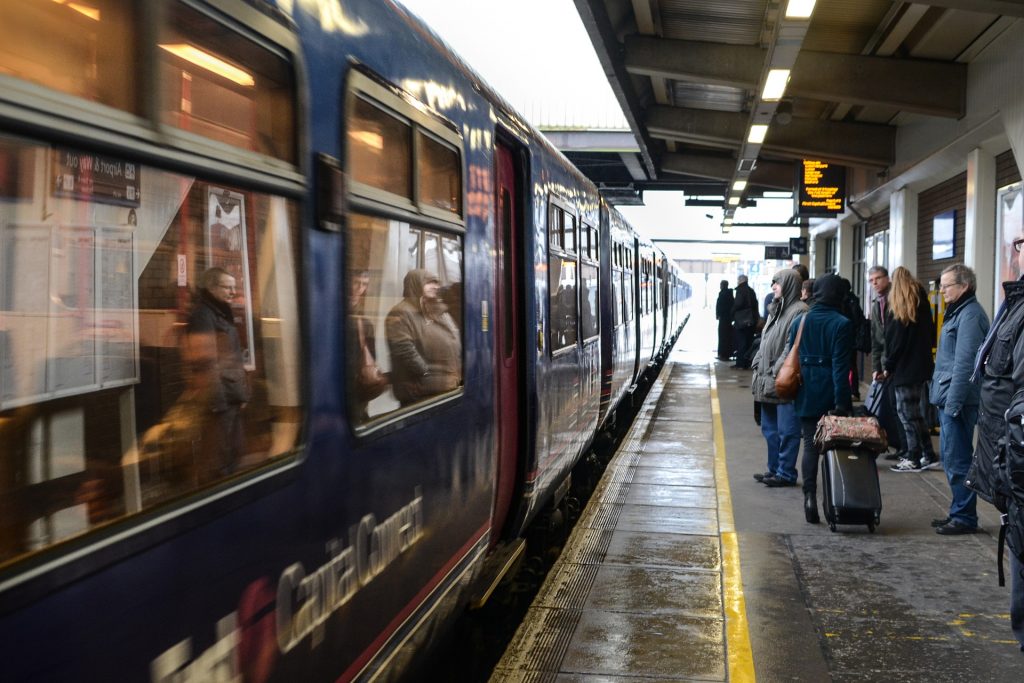RMT union rejects offer as Christmas walkouts set
The RMT union has rejected an offer from the group representing train companies which sought to stop strikes in the run-up to Christmas.
The latest round of strikes by RMT members at Network Rail and 14 train firms is due to begin in eight days.
The Rail Delivery Group (RDG) said its offer included a pay increase for staff of up to 8% over two years.
But the RMT said it would lead to huge job losses and called for an urgent meeting with bosses on Monday.
In the ongoing row over pay, working conditions and job security for rail workers, industrial action is currently due to take place across four 48-hour periods: 13-14 December, 16-17 December and 3-4 January as well as 6-7 January.
The RDG said the “fair and affordable” offer it made on Sunday included a pay rise for staff of 4% this year, backdated to the beginning of the financial year, followed by another 4% next year.
The offer also included a guarantee of no compulsory redundancies until April 2024.
In exchange, it was proposing a number of changes to current working practices. These included repurposing or closing ticket offices, introducing new multiskilled roles, and Sunday working where it is not in place already.
The group proposed the use of part-time contracts and flexible working patterns, which it said would help bring in a more diverse workforce who could fit in shifts around other commitments.
The RDG called on the union to avoid “upsetting the travel plans of millions and cause real hardship for businesses which depend on Christmas custom”.
However, the RMT union’s general secretary Mick Lynch said the proposals would not be acceptable to its members.
“We have rejected this offer as it does not meet any of our criteria for securing a settlement on long-term job security, a decent pay rise and protecting working conditions,” he said.
Mr Lynch added that if the plan was implemented, it would “not only mean the loss of thousands of jobs” because of the closure of ticket offices, for example, but also the use of “unsafe practices” like driver-only operated trains.
He said it would “leave our railways chronically understaffed.”
Transport Secretary Mark Harper described the rejection as “incredibly disappointing”.
“Passengers should also receive the service they’ve paid for. This deal will help get trains running on time,” he said.
Mr Harper added the government would continue to play its part in facilitating talks between the unions and employers.









